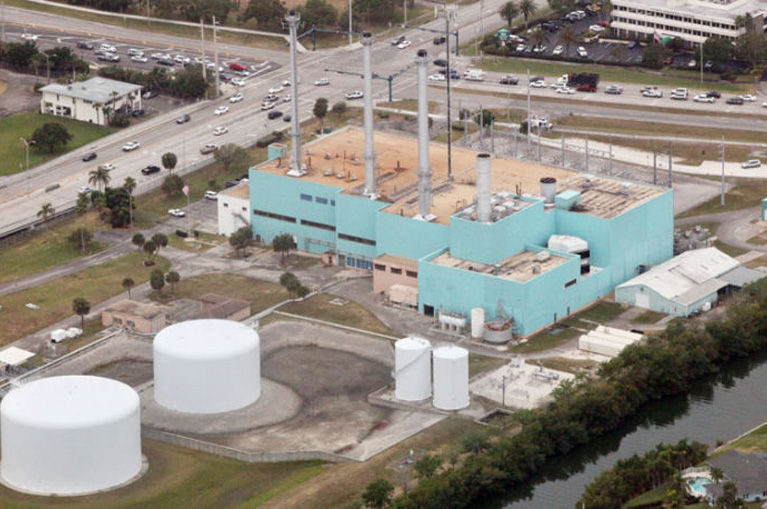
INDIAN RIVER COUNTY — At the same time the Town of Indian River Shores is using the court system to get lower electric rates, the Indian River Board of County Commissioners has appealed to the Florida Public Service Commission to achieve the same result.
In a complaint filed Tuesday, the County’s Tallahassee law firm asked the PSC to outline what the County’s rights are once its 30-year electric utility franchise with the City of Vero Beach expires in March 2017.
Two years ago, the County gave Vero notice that it would not be renewing the 1987 franchise agreement, but the belief was that the sale of Vero Electric to Florida Power and Light would be completed by then.
Just as the Shores has told Vero it needs to cease operations within the Town when its franchise expires in November 2016, the County is also seeking a smooth transition once Vero vacates county right-of ways and is no longer authorized to provide electric service to county residents outside the city limits.
“In order to properly plan for the seamless continuation of electric service to those county customers, including offices and departments of the Board, located within the Franchise area, the Board is in need of a declaration from the PSC regarding the effect of the expiration of the Franchise on a number of critical matters affecting the substantial interests of the Board,” the complaint states.
Options the County has asked the PSC to weigh in on include the County taking possession of the utility equipment, selling that equipment as well as the right to serve to FPL, or defining a limited transition time during which Vero continues to serve while FPL constructs the infrastructure needed to take over serving customers on the mainland and on the south barrier island.
Vero has about 18,500 county-resident utility customers spanning a territory from the Indian River Mall to parts of Grand Harbor to south of the Moorings.
The PSC has jurisdiction not over how Vero operates its utility, but over Vero’s service territory. That territory, which currently includes about 34,000 customers, would need to be redrawn and any resulting vulnerabilities in the power grid would need to be addressed upon the expiration of the franchise agreement.
Many of the points made in the 52-page complaint filed by attorney Floyd Self of Gonzalez Saggio and Harlan echo that of the Shores lawsuit filed in circuit court on Friday. Among those are an allegation that Vero officials deliberately lowballed the city’s customer count to avoid regulation under state statute referred to as the “Mayfield Bill” requiring a referendum to set up a utility authority to run Vero electric.
That body would have given customers in the County and the Shores a voice in the governance and rate-making policy of Vero electric. City officials, fearing that a representative utility authority might vote to sell the utility to FPL, declared a customer count under the 30,000 threshold so the city wouldn’t have to abide by the new law. Customer counts on the city’s own financial statements and other official documents listed customer counts between 33,000 and 34,000.
The complaint asks the PSC to interpret the statute requiring that utility authority referendum of the city and to determine how to go forward to give the County back control over its electric service provider.
Vero officials received a copy of the complaint on Tuesday. The complaint is meant to build upon one filed nearly six years ago by utility activists Dr. Stephen Faherty and CPA Glenn Heran.
That complaint had been assigned a docket number and was ready to go forward, but was placed in abeyance by mutual agreement of the parties due to the fact that Vero was in the process of trying to sell its utility to FPL. That deal began unraveling last fall and has been pronounced dead, or at least on life support, by city officials.



